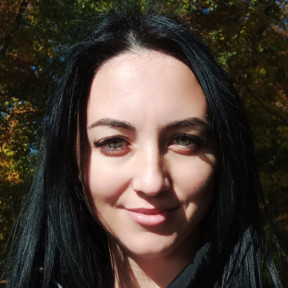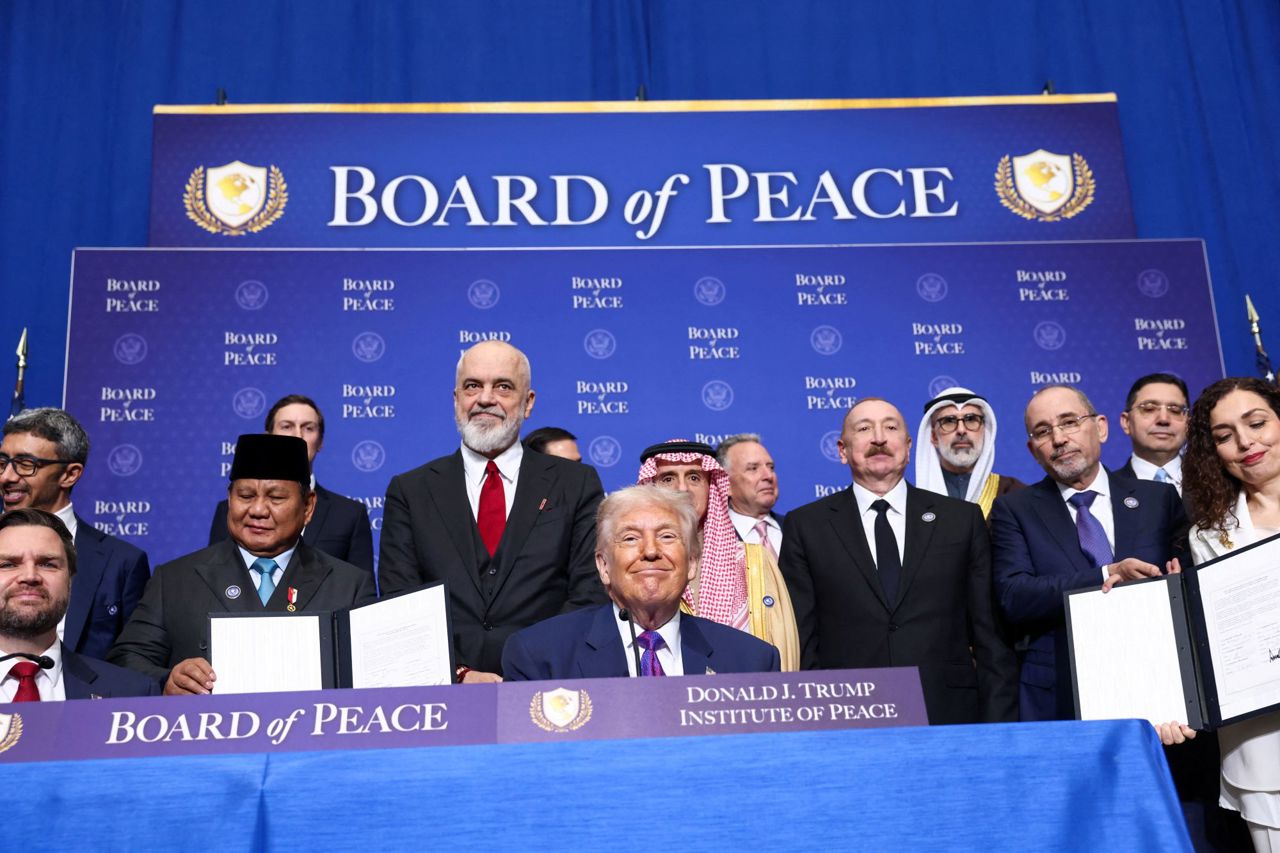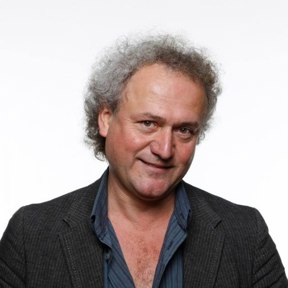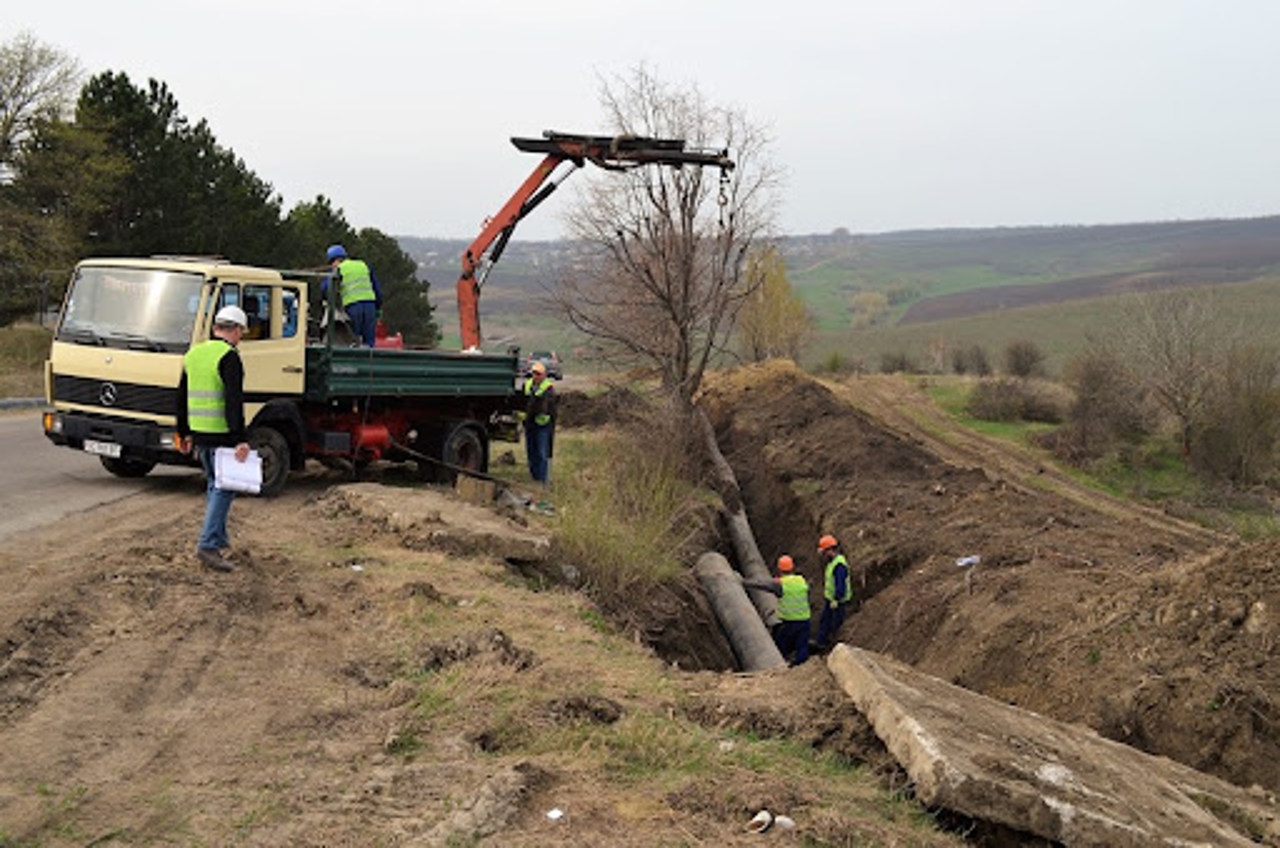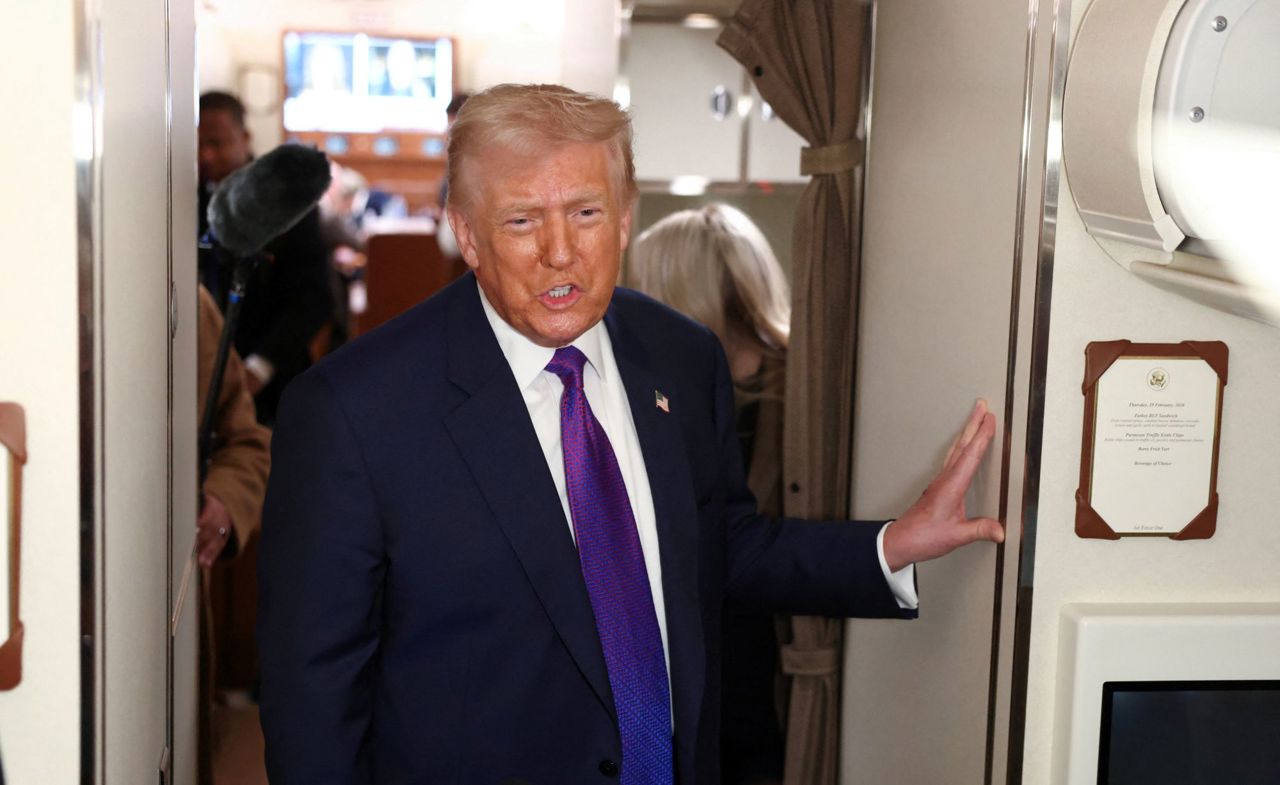Breakthrough in Moldova's OSCE talks on 1+1 format
The 1+1 format meeting held on January 16 at the OSCE Mission headquarters in Tiraspol, Republic of Moldova, unfolded against a rather intricate and complex backdrop, stated Oleg Serbrian, the Vice Premier for Reintegration, during a press conference. Nonetheless, several outcomes were achieved.
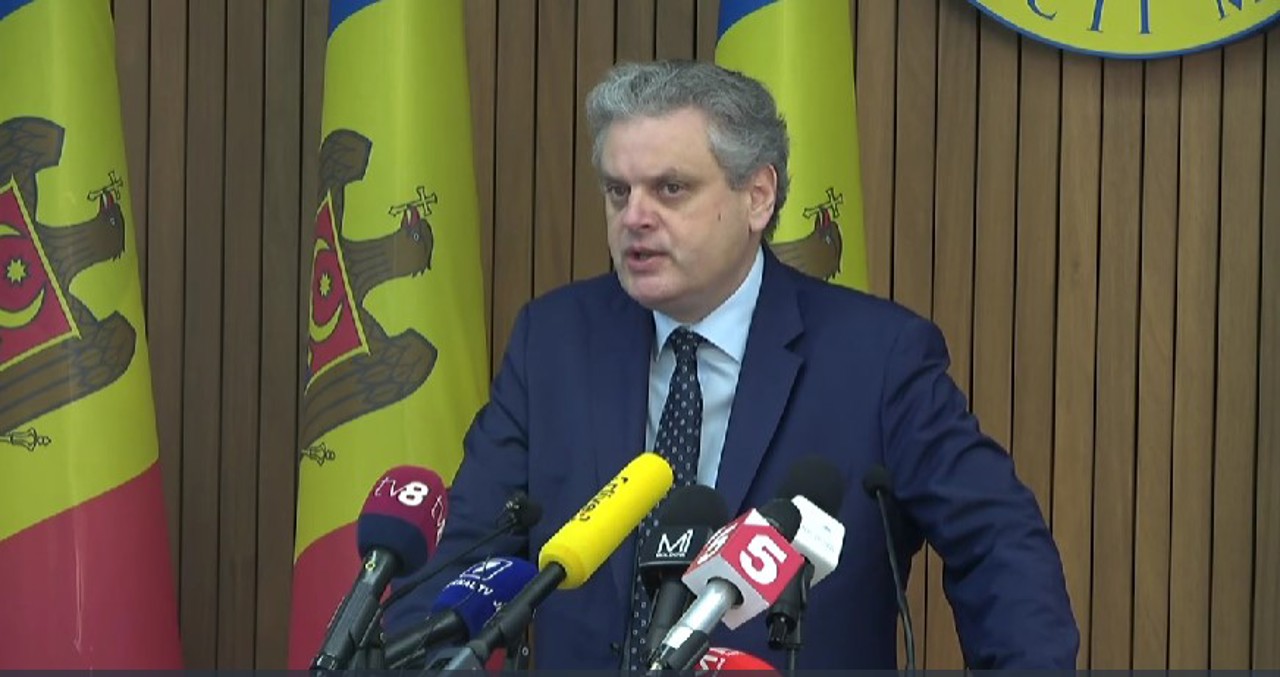
"The meeting resulted in a few outcomes; at least in the field of schools, we have Tiraspol's assurance that their functioning is not jeopardised, which is crucial given the rhetoric observed on the left bank of the Dniester in the first two weeks of the current year. We had concerns that we might face issues in the 8 schools with Romanian language instruction in the Transnistrian region. We hope this issue has been resolved. We also hope there will be no impediments for farmers in the Dubăsari district," said Oleg Serebrian.
He further mentioned that the topic of the new Customs Code was the most complicated. Both on the right and left banks of the Dniester, there were misunderstandings, possibly intentionally, according to the Vice Premier.
"The intention of this customs code was not to be applied only in the Transnistrian region. The Customs Code was amended in the Republic of Moldova as a whole. It was not a specific provision for the Transnistrian region, as portrayed in the media on both sides of the Dniester. The second very important point is that, according to the provisions of the new Customs Code, customs procedure fees that entrepreneurs on the left bank of the Dniester paid starting in 2023 are cancelled. These fees are cancelled in accordance with the new Customs Code, and uniform equal customs fees have been introduced for entrepreneurs on both sides of the Dniester. These customs fees are neither VAT, as some interpreted, nor excise duties. Of course, the volume of these fees compared to customs procedures applied last year is higher. It is challenging at the moment to say how large these fees might be in 2024 because we do not know the total volume of trade that could occur in 2024. Secondly, we do not know the destination countries with which import and export actions will take place, as these fees do not apply to import and export actions with the countries with which we have free trade agreements. The majority of the trade volume in the Transnistrian region is either with EU countries or CIS countries, and here the free trade agreement has not yet been cancelled. The only country among the top 10 trading partners of the Transnistrian region with which we do not have a free trade agreement is China."
Another aspect that raised concerns among residents of the Transnistrian region was related to customs fees that economic agents there transfer to the budget of the Republic of Moldova. In this context, the Moldovan official explained that these funds actually return to the left bank of the Dniester.
"Last year, 50 thousand citizens from the left bank of the Dniester benefited from medical services on the right bank of the Dniester. Many children from the left bank of the Dniester study on the right bank of the Dniester. We have a large number of pensioners who receive pensions on the right bank of the Dniester, residing on the left bank. If we were to account for the expenses, from the state budget or other budgets, for citizens from the left bank of the Dniester, we have equaled or exceeded the amount taken from customs fees. Without a doubt, this money returns to the Transnistrian region, and returns differently, in scholarships, medical services. Our interest is to increase these expenses for our citizens on the left bank of the Dniester. We make no differentiation between citizens on both sides, and our interest is not to suffocate enterprises on the left side of the Dniester. We want them to operate normally but in accordance with the laws of the Republic of Moldova in the same competitive field."
It is worth noting that on January 16, the first working session of political representatives in the negotiation process for the Transnistrian settlement took place at the OSCE Mission headquarters in Tiraspol, involving Oleg Serebrian and Vitalii Ignatiev from Chisinau and Tiraspol, respectively.
Translation by Iurie Tataru
